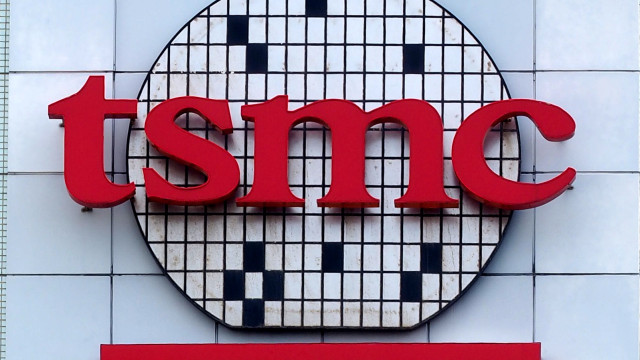Taiwanese chip giant TSMC will open an $8.6 billion plant in Japan as the firm decides to move some of its key hardware production away from its home base.
The Taiwanese semiconductor company, which has Apple and Nvidia as clients, makes half of the chips worldwide used in everything from smartphones to satellites and increasingly to power artificial intelligence technology.
But TSMC's customers, as well as governments concerned about supplies of chips vital to the economy and defense, want the firm to produce more chips away from the self-governing island.
China's growing assertiveness toward Taiwan has raised concerns about the world's dependence on the island for chip production and prompted TSMC to diversify its industrial base.
The new plant in Japan is "TSMC's most significant international investment to open in many years," said Chris Miller, author of "The Chip War: The Fight for the World's Most Critical Technology."
"This decision will also harden the political relationship between Taiwan and Japan at a time when Taiwan wants to make sure it has powerful friends who can help it resist Chinese pressure," Miller told AFP.
But TSMC's new facility on the southern island of Kyushu is also a major success for Japan as it competes with the United States and Europe to woo semiconductor firms with huge subsidies.
Companies like Toshiba and NEC helped Japan dominate microchips in the 1980s, but competition from South Korea and Taiwan saw its global market share drop from more than 50% to about 10%.
Japan is now providing up to four trillion yen ($26.7 billion) in government aid to help triple sales of domestically produced chips to more than 15 trillion yen by 2030.
TSMC's new factory in the city of Kikuyo, for which the government has promised to cover 40 percent of the cost - Sony and Denso are also involved - is just the first of many.
With "strong" support from the Japanese government, TSMC this month announced a second facility to produce more advanced chips and is eyeing a third and even a fourth.
Other companies receiving government funds are Kioxia, Micron and Rapidus, an ambitious joint venture involving IBM and Japanese firms for state-of-the-art two-nanometer logic chips. /BGNES
Taiwanese chip giant TSMC is moving some production to Japan







